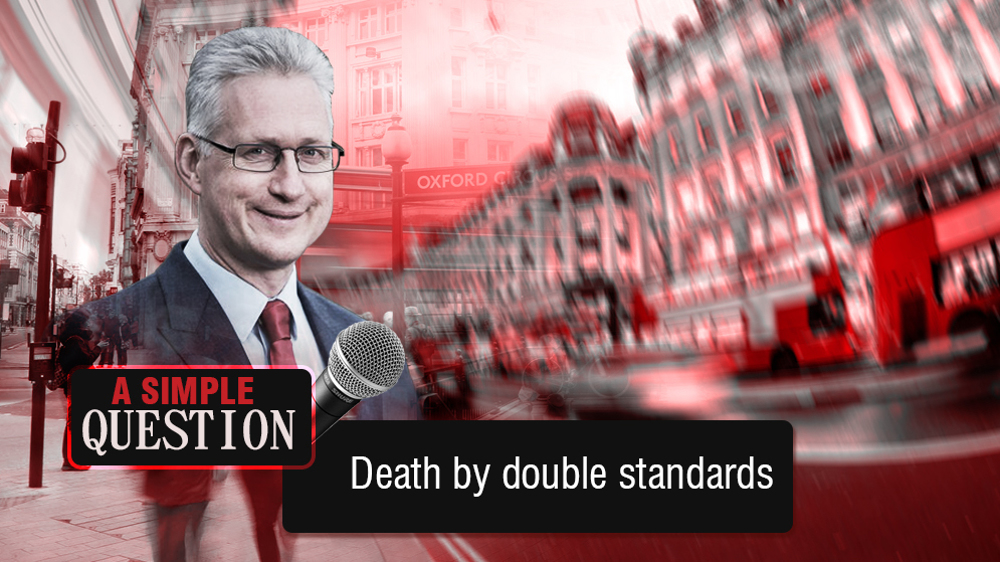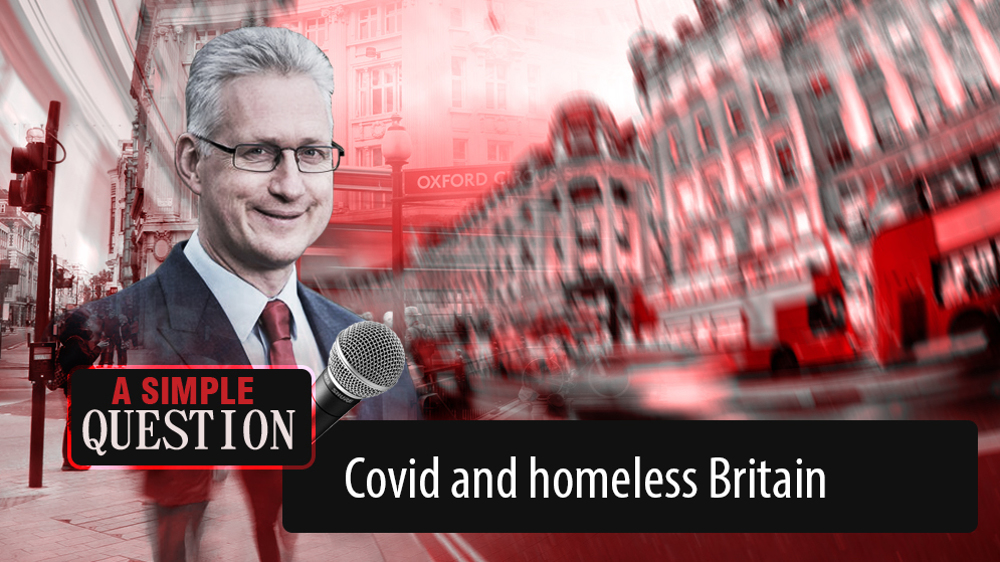Rise of nationalism in Europe
Will the far right parties in France and Holland surge to victory the same way that Trump spectacularly won the US elections. If they do what are the implications for the rest of Europe and the European Union?
Geert Wilders, the leader of the Dutch Party for Freedom, is fairly confident about how his party may fare in the March 15 elections. An election that could well signal how the far right will do in pivotal elections in France, Germany and possibly Italy later this year, and ultimately determine the future of the European Union. Wilders has promised to demand a "Nexit" referendum on whether the Netherlands should follow Britain's example and leave the union.
As the far right rises across Europe, its ascent in Germany has seemed among the most alarming and puzzling. Spurred by a sense of lost control over the country’s borders, economy and politics, many Germans are reaching for a shared identity but finding only an empty space. Into that vacuum slipped the Alternative for Germany, known by its German initials, AfD, the nation’s fastest-growing party with recent polls showing support at 12 percent, ahead of some mainstream parties.
Israeli strikes on north Gaza hospital ‘extremely dangerous, terrifying’: Director
VIDEO | Yemen targets Tel Aviv with Palestine 2 missiles
Pezeshkian: Iran resolved to complete North-South Transport Corridor
VIDEO | Iran-Syria: For Resistance
Qassam Brigades claims killing 3 Israeli troops in northern Gaza
More alive than ever: Sayyed Hassan Nasrallah's legacy grows stronger in martyrdom
Occupation of Syria’s highest peak Mount Hermon part of ‘Greater Israel’ project
Iran: Syrian people will decide their future without foreign interference









 This makes it easy to access the Press TV website
This makes it easy to access the Press TV website